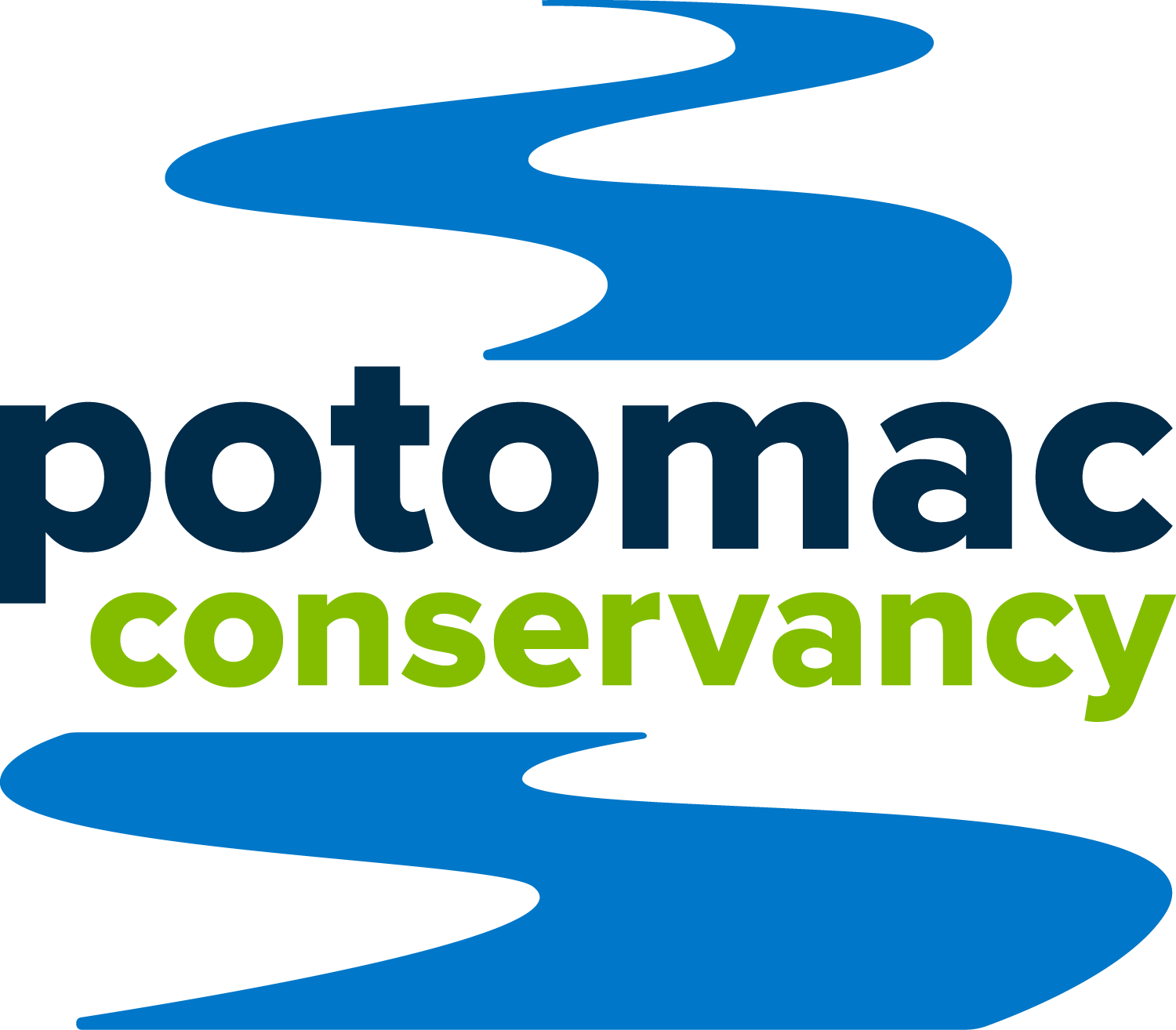Rising to the Challenge: A New Climate Reality for the Potomac River Region
/Dive into Part One of our six-part summer series on addressing - and solving - our local climate crisis
Image courtesy of JOHN Getchel/flickr.
The climate crisis is here. And so is our first-of-its-kind, local climate report!
Our six-part series released throughout the summer will investigate:
How is our region uniquely experiencing a warming climate?
How is the climate crisis affecting the Potomac River and its people, lands, and wildlife?
What actions must be taken to lower greenhouse gas emissions and prepare communities for the future?
What can we do to be a part of the solution in our communities?
Dive into Part One to learn how the changing climate is uniquely impacting the Potomac River region (and how to take action right now!)
PART ONE - Our Changing Climate: Global v. Local Trends
New climate report warns Washington, D.C. region to brace for new extremes:
Super storms, longer droughts, and dangerous flooding becoming normal
In this first comprehensive climate report for the greater Washington, D.C. area, this new Potomac Conservancy report explores the latest scientific climate studies, community case studies, and interviews with local climate experts.
The report’s findings warn of an extreme future for the nation’s capital. The Potomac River region is experiencing hotter temperatures, warming and rising waters, and more extreme weather patterns. These increasingly hostile conditions are leading to a dangerous rise in illness, polluted runoff, poor air quality, stressed species, and costly property damage.
A study by ATMOS projects that the DC region may experience upwards of 70-80 extreme heat index days annually by 2050 and up to 105 days of extreme heat annually before the end of the century – longer than the length of summer. This drastically increases the potential for heat stroke and other public health crises. Anne Stoner, co-author of the study warns, “The worst-case scenario is likely if we continue with business-as-usual, without regulating emissions to a greater extent and switching many of our energy sources to renewable energy.”
When it does rain, it tends to rain much harder than it used to in the Potomac River region. The frequency of severe storms is increasing, and hurricanes, Nor’easters, blizzards, and super storms are all becoming more common. Extreme weather patterns are becoming normal too. More intense downpours are contrasted with longer periods of droughts and hotter summers – conditions that are harming the environment and efforts to reduce local pollution.
After decades of headway to clean up the Chesapeake Bay tributaries, the Potomac River is making a dramatic comeback. For the first time in generations, swimmable, fishable waters are within sight; however, the climate crisis is an ever-growing obstacle that is steering this important progress off course.
“The warming atmosphere is making our region more susceptible to extreme rainfall and flooding, and in turn, is contributing to an alarming increase in polluted runoff. If we don’t take drastic action at the local level to prepare our communities, we’re going to see the return of a polluted Potomac that is too unsafe for basic recreation and fishing. We can’t ignore the climate crisis and expect to achieve a healthy, safe river for the community to enjoy. ”
Belin adds, “We’re talking about the water we drink, the water that flows from the Potomac through to our faucets. We all have a vested interest to do everything we can to address the climate crisis and protect our rivers and streams.”
As a result of atmospheric heating, surface temperatures in the Chesapeake Bay and Potomac River are warming. Warmer streams and rivers adversely impact aquatic life and promote algal blooms which can foster bacterial growth harmful to humans, plants, and wildlife.
The research covers a wide range of local climate issues and offers nature-based climate solutions that will prepare our communities and lower greenhouse gas emissions in our region.
Demand urgent and bold climate solutions to protect clean water and healthy families!
Tell your members in Congress to pass the American Jobs Act with full funding for
nature-based infrastructure, green careers, and environmental justice!




